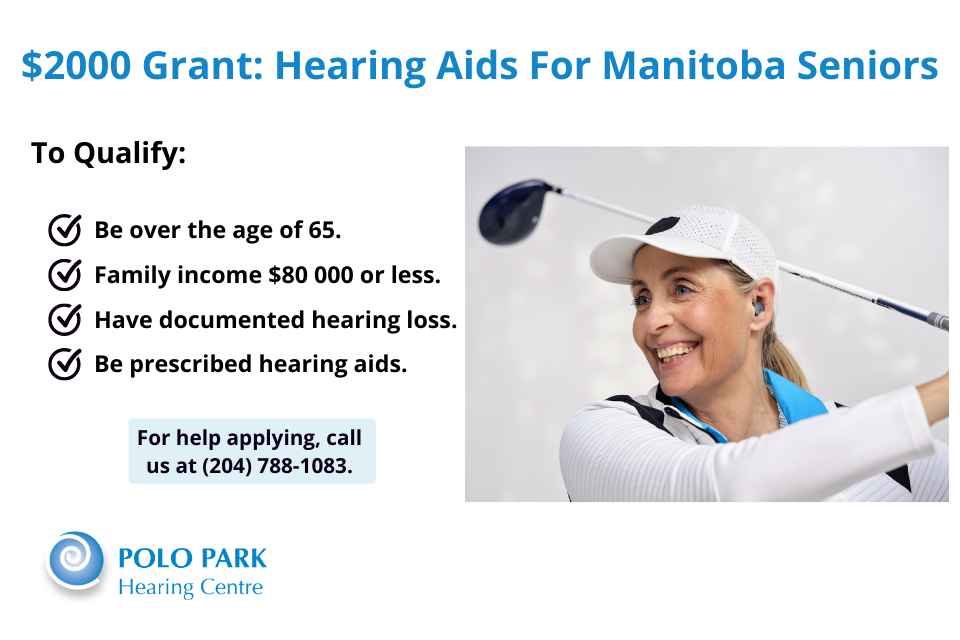May 2016 is Hearing Awareness Month #hearinghealth
“Canadians are exposed to dangerous sound levels on a regular basis that can result in hearing loss.”
“Though hearing loss is a common health problem and often develops with age, there is an increase in noise-induced hearing loss caused by continuous or repeated exposure to loud noises. Younger ears are particularly susceptible to loud noise and more vulnerable to subsequent hearing loss later in life,” noted Leslie Holden, Chair of the Canadian Hearing Instrument Practitioners Society Board of Directors. “Noise is one of the greatest threats to hearing — but it is preventable and is largely within our control. It is therefore important for people to recognize noise hazards and take steps to protect their hearing.”
The news release pointed out that potentially harmful noise exposure occurs throughout our day. Loud noise levels can be found at work, in a social environment, recreating at home or at a another venue. Everyday appliances such as hair dryers, lawn mowers, power tools, and even video games were all identified as being sources of prolonged loud noises that could damage hearing permanently. Because our hearing is unable to regenerate, the cumulative effect of low level hearing losses throughout our daily activities add up over time.
The news release provided a list of risky behaviors that could contribute to noise induced hearing loss and should be avoided:
To reduce the risk of noise-induced hearing loss:
- Lower the volume — on smartphones, personal music devices, and other audio devices.
- Limit the duration and volume when using ear buds and headphones.
- Use ear protection equipment such as ear muffs or ear plugs if you work or play in a noisy environment.
- Use ear protection at concerts and sporting events.
- Do not insert objects, such as cotton swabs, into your ears or your children’s ears.
- Insist on the use of ear protection for children/youth.
- Be a role model — teach your child/children the value of hearing and how loud noises can harm their ability to hear.
- Be Hear Smart — have your hearing checked on a regular basis.
|
|
CONTACT INFORMATION
-
For additional information, please contact:
Canadian Hearing Instrument Practitioners Society (CHIPS)
289.338.9626
[email protected]


